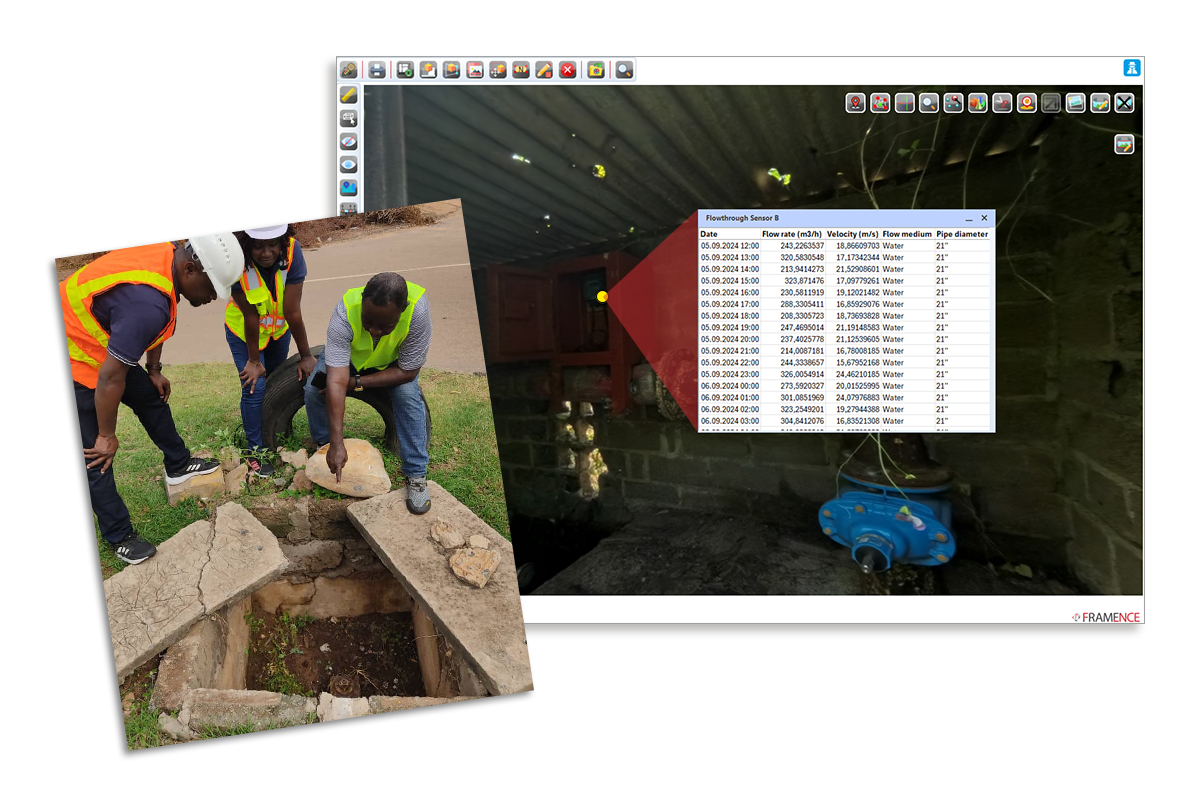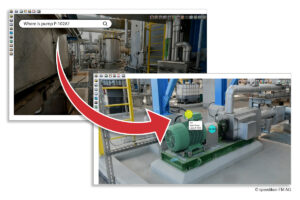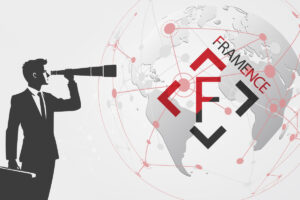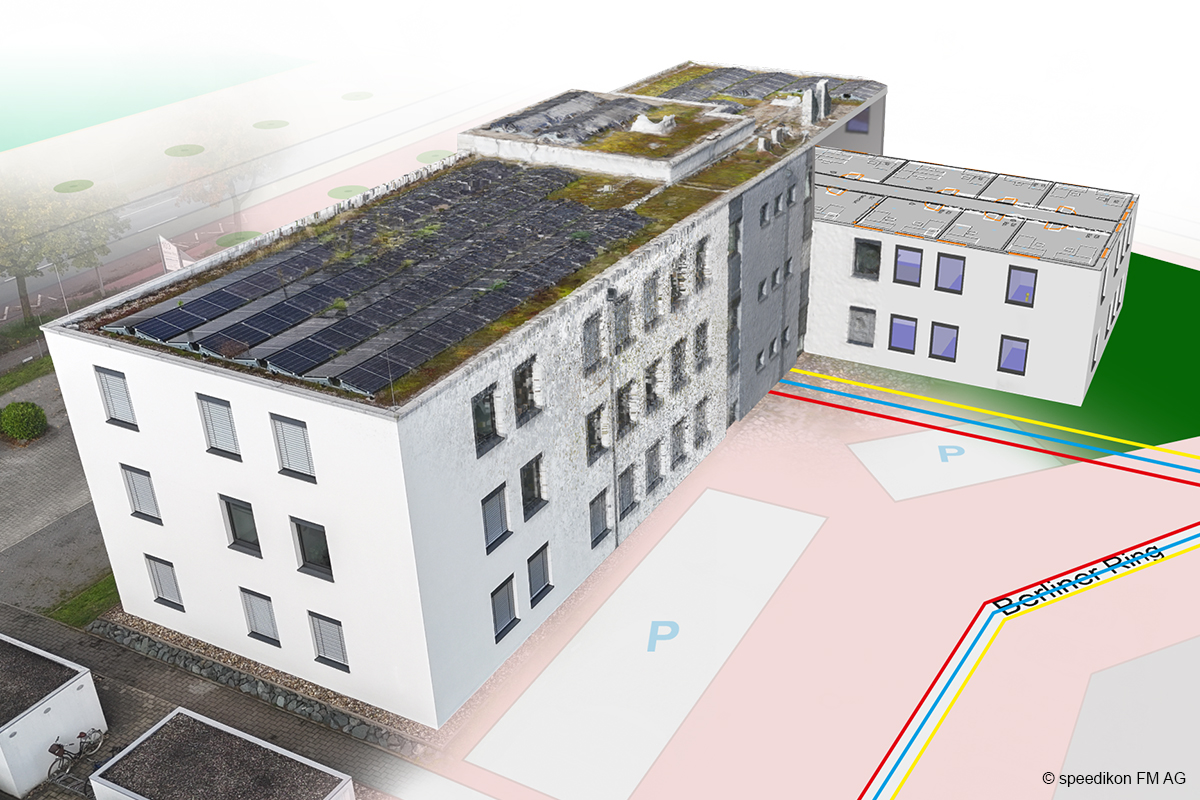In the northern regions of Ghana, access to clean water remains a major challenge. Droughts—exacerbated by climate change—lead to severe water shortages, while up to 50% of the water transported is lost due to leaks or illegal tapping. These losses significantly impact both agriculture and community water supply.
To address this issue, the “Digital Twin for Conservation” project was launched in 2024. As part of this EU-funded pilot initiative, the German company Framence, in collaboration with local partners, developed a photorealistic digital twin of a section of Ghana’s water pipeline infrastructure. This highly detailed digital replica allows for simplified visual inspections of the pipeline system. Sensors installed at various points along the network provide manually retrieved data on water flow. These readings are then integrated into the digital twin, enabling the detection of leaks by analyzing abnormal flow patterns.
Internet Connectivity Still a Challenge
Although it was not possible to implement real-time alerts for unusually low flow rates due to a lack of internet infrastructure, the project demonstrates how digital twins could be used in the future—especially in regions with stable connectivity—to further optimize water management processes. The insights gained from this initiative can be applied not only in Ghana but also in other areas facing similar issues.
If adopted and scaled by Ghana’s national water utility company, Ghana Water Ltd., the pilot project could contribute to providing more reliable water access for countless communities across the country.
Picture: Framence GmbH




